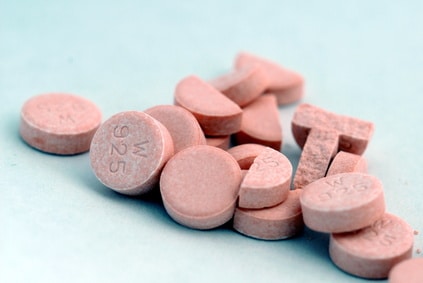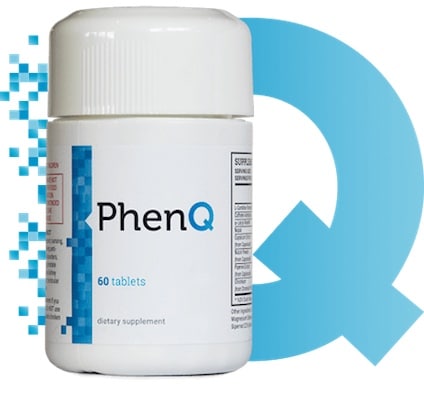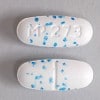General Information
Desoxyn is the trade name for methamphetamine hydrochloride, a stimulant drug that is sometimes prescribed as a treatment for Attention Deficit Hyperactivity Disorder (ADHD) in children above the age of six. Desoxyn can also be prescribed to obese patients as a weight loss drug due to its appetite-reducing effects. The drug can also be used off-label as a treatment for narcolepsy or treatment-resistant depression. Here’s a list of the best over-the-counter diet pills.
Ingredients
The active ingredient in Desoxyn is methamphetamine hydrochloride. Inactive ingredients such as corn starch, lactose, stearic acid, talc and sodium paraminobenzoate are added to lend stability to the tablet’s structure.
Brand Name Variations
Desoxyn is sometimes known by different names, such as Syndrox, Methedrine, Pervitin, Anadrex, or Desoxyephedrine.
Mechanism of Action
Desoxyn works by affecting chemicals and neurotransmitters in the the brain that are believed to be responsible for both impulse control and hyperactivity.
Dosing and Administration
Desoxyn is administered orally via a tablet. A common dose for children is 5mg one to two times a day. In obese patients, the recommended dose is one 5mg tablet 30 minutes before a meal, with the overall daily dosage not exceeding 20-25mg.

Adverse Effects
Desoxyn has a number of side effects. It is highly addictive and is listed as a Schedule II drug. Desoxyn users have reported eyesight changes, seizures, insomnia, dry mouth, loss of appetite, accelerated heartbeat, tremors, constipation, diarrhea and nausea. The drug can also cause dry or itchy skin, rapid breathing, and bruxism. In children, Desoxyn can cause delayed growth. In some cases, the drug can lead to depression, psychosis, heart attacks, and strokes. Prolonged use of Desoxyn increases the chances that these side effects will be experienced by the user.
If you have a history of mental illness, a history of drug abuse, issues with glaucoma, high blood pressure, hyperthyroidism, epilepsy, a family history of heart failure or artery problems, or you have recently been taking monoamine oxidase inhibitor (MAOI) anti-depressant medications, then your doctor will most likely refuse to prescribe Desoxyn to you. If you are taking Desoxyn and begin to notice adverse side effects such as paranoia or hearing and seeing things that are not real, you should discontinue usage and talk to your doctor immediately.
Taking Desoxyn without understanding its effects can lead to addiction and even death. Because of these adverse effects, it is important that anyone who is taking Desoxyn does so under the close guidance of a medical professional.
Abuse and Possible Consequences
Because of Desoxyn’s use by certain groups of obese patients as a means to losing weight, many people have attempted to obtain the drug without a prescription in order to use it as a weight loss supplement. This is typically accomplished through illegal means such as buying the drug off a user with a valid prescription. This is an incredibly unsafe practice that can be detrimental to the health of the user. The risks that are associated with using Desoxyn without the guidance of a doctor far outweigh any potential benefits. Even if a person has been approved by your doctor to take Desoxyn as a weight loss aid, the side effects that it can cause means that Desoxyn should be seen as a last resort.





